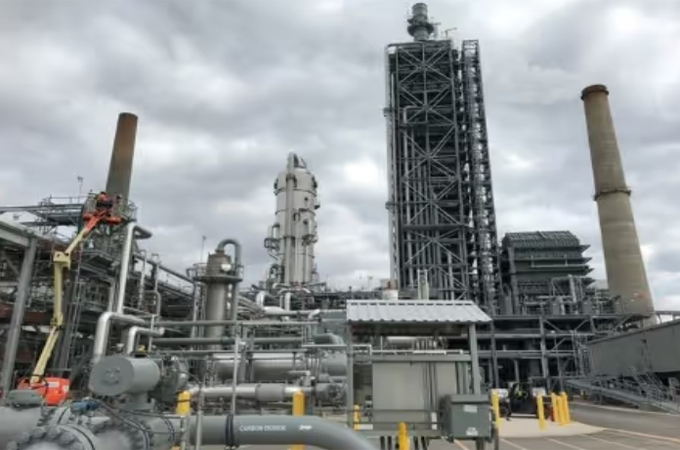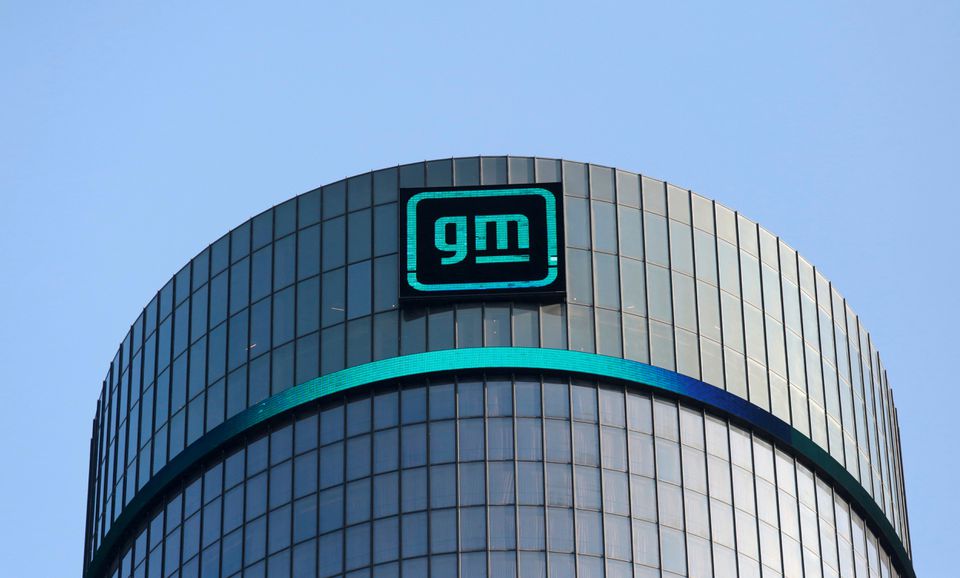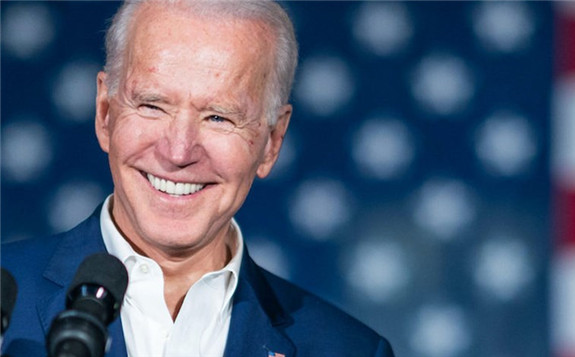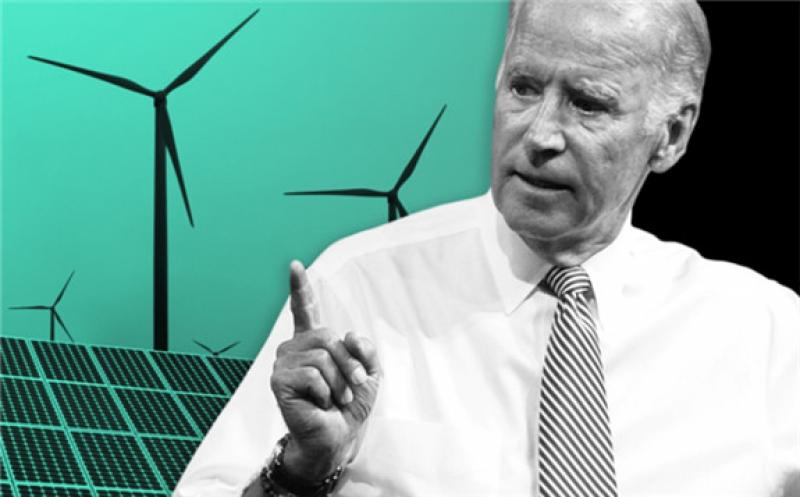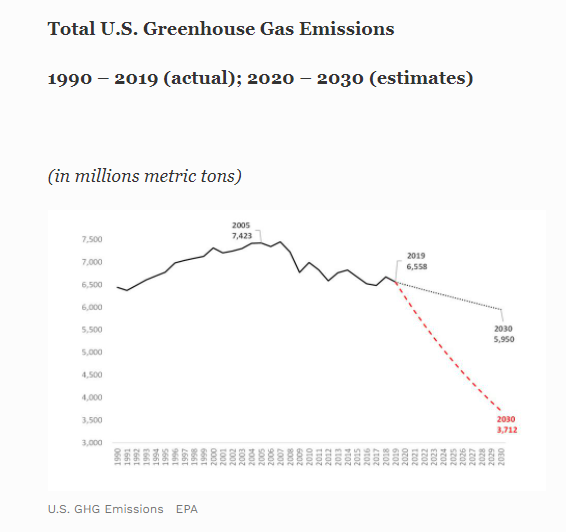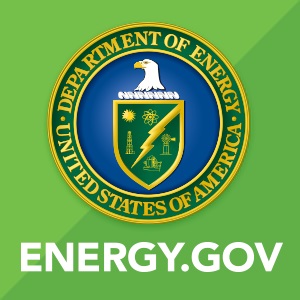
The Biden-Harris Administration, through the U.S. Department of Energy (DOE), today (Feb 15) announced funding to accelerate the creation of zero-emission vehicle corridors that expand the nation's electric vehicle (EV) charging infrastructure. The Department has awarded $7.4 million to seven projects to develop medium- and heavy-duty electric vehicle (EV) charging and hydrogen corridor infrastructure plans that will benefit millions of drivers across 23 states. Additionally, in coordination with the U.S. Department of Transportation through the Joint Office of Energy and Transportation, DOE announced its intent to release funding to address barriers to a cleaner, safer, more affordable, and more reliable Made in America EV charging network. These funding measures, in coordination with additional clean transportation announcements from the Federal Highway Administration and the White House, will be critical to achieving President Biden's goals of building out a national network of 500,000 EV chargers and ensuring that 50% of new light-duty vehicle sales are electric by 2030.
"A clean transportation sector requires vast investments across the entire industry, including to decarbonize the trucks that move our goods and building more charging ports to get those trucks from coast to coast," said U.S. Secretary of Energy Jennifer M. Granholm. "President Biden's historic clean energy laws are making it possible for us to get more EVs on the road by expanding charging infrastructure into underserved communities, while reducing range and cost anxiety among drivers who want to go electric."
Zero-Emission Freight Corridor Planning Selections
The DOE-funded projects will focus on electrification plans for essential and heavily trafficked domestic freight corridors, including those serving Northern and Southern California, the Eastern Seaboard, the Northeast, Southwest, and much of the Midwest. The projects, administered by DOE's Vehicle Technologies Office (VTO) and Hydrogen and Fuel Cell Technologies Office (HFTO), will advance the President's decarbonization goals by accelerating the deployment of medium- and heavy-duty EV charging and refueling infrastructure to reduce emissions from freight corridors and the depots, ports, and other facilities those corridors service. Selected projects support DOE's Justice40 priorities by demonstrating the impacts and benefits of these freight corridors plans on underserved communities. The projects would also help improve air quality in underserved areas of major American cities, including New York, Los Angeles, Houston, Chicago, San Francisco, Oakland, and Salt Lake City.
The selected projects are:
Notice of Intent to Issue Ride and Drive Electric Funding Opportunity Announcement
The Joint Office of Energy and Transportation has issued a funding Notice of Intent to address challenges to achieving an equitable clean transportation future by improving the charging experience for EV drivers and expanding charging infrastructure into underserved communities. Anticipated topic areas include:
These announcements will directly help companies implement the requirements included in the recently published minimum standards developed by DOT with DOE input for federally funded EV infrastructure and will support the forthcoming $2.5 billion in competitive grants to build alternative fueling infrastructure in communities across the nation. The combined measures will be critical to achieving President Biden's goals of 500,000 EV chargers and 50% of new light-duty vehicles sales being electric by 2030 and a net-zero emissions economy by 2050. Today's slate of announcements exemplifies the administration's commitment to a transportation future that is cleaner, more equitable and affordable, and provides economic opportunities to boost domestic manufacturing of EV materials and infrastructure and create good-paying jobs.
